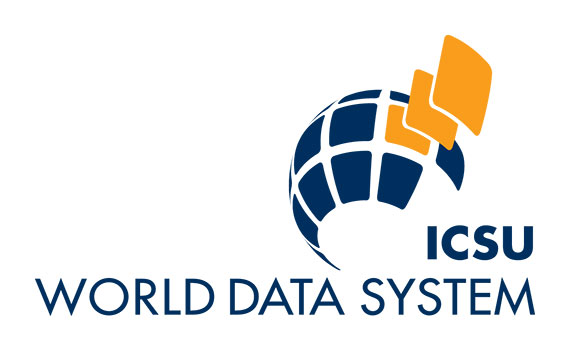With the launch of the ArcticNet Network of Centres of Excellence in 2004,
CCIN and ArcticNet, in partnership with Noetix and the Department of Fisheries
and Oceans Canada, came together to develop a more sophisticated
online presence and database to serve the data management needs of ArcticNet
scientists. The resulting system, the Polar Data Catalogue (PDC), was developed initially
as a metadata-only “Discovery Portal” to facilitate the exchange of
information among researchers and other user groups, including northern
communities, international programs, and the interested public. The PDC
metadata records conform to both the FGDC and ISO 19115 standard formats to
facilitate international sharing. Guidance comes from the Polar Data
Management Committee, whose members, comprising representatives from PDC
partner organizations, meet annually with CCIN and PDC management to review
progress, form policy, and provide direction for future development.
With its online inception in 2007, metadata records describing datasets from
a variety of programs were entered into the PDC, facilitating its evolution
into a multi-disciplinary repository for cold regions data and information
resulting from research on the natural environment (including snow, ice, and
cryospheric modeling), social sciences, health, and policy. Nearly 30,000
RADARSAT images of northern Canada and Antarctica are also available in the
PDC. In addition to its focus on the Canadian Arctic, the PDC also serves
research products generated from other locations in the circumpolar Arctic
as well as the Antarctic. Entries on other Canadian and international polar
data portals, organizations, and programs are provided for users who seek
further resources. Numerous organizations and agencies have actively
participated in development of the PDC, including Natural Resources
Canada, the Canadian government’s program for International Polar
Year (IPY), the Inuit Knowledge
Centre of Inuit Tapiriit Kanatami (Inuit Qaujisarvingat), the Inuit Circumpolar
Council, the Northern Contaminants Program (NCP) of Aboriginal
Affairs and Northern Development Canada, the ArcticNet Student Association and the Centre for Northern
Studies (Centre d’études nordiques, CEN) headquartered at the
Université Laval. The PDC has worked with scientists from these programs and
others, including the Circumpolar Biodiversity Monitoring Program (CBMP) and
the Beaufort Regional
Environmental Assessment (BREA), to archive and serve their research
data and metadata. The PDC is a founding member of the Canadian Polar Data
Network (CPDN), the successor to the Canadian IPY Data Assembly
Centre Network. Starting in 2011, the focus expanded to include the data
files which are described by each metadata record, with the addition of over
147,000 files in the first two years. Currently, the PDC contains over 1,750
metadata descriptions of datasets and over 120 datasets from Canadian and
international programs, with a number of datasets under “Limited”
availability until an agreed-upon future release date. Additional metadata
and datasets are submitted, reviewed by PDC staff and partners, and released
to the public on an ongoing basis. Future plans focus on expansion of the
research and satellite image catalogues and include enhancing access to
external data sets through interoperable standards and technology, and
reciprocally, providing PDC metadata to other data portals around the
country and the world.
What is Metadata?
Metadata is basically data about data, or the descriptive information about a data set that can be searched to allow others to discover the existence and characteristics of the data. Metadata provides the what, where, and when of data and by whom it was collected, as well as its current location. Metadata facilitates the understanding, use, and management of data and is a tool for networking and collaboration. Standardized metadata is an internationally confirming standard of information fields that must be included within the metadata to allow interoperability between metadata management facilities.
WDS Membership
 CCIN and the Polar Data Catalogue are proud to be Regular Members of the
International Council of Science (ICSU) World Data System (WDS). To learn
more visit the WDS
homepage.
CCIN and the Polar Data Catalogue are proud to be Regular Members of the
International Council of Science (ICSU) World Data System (WDS). To learn
more visit the WDS
homepage.
